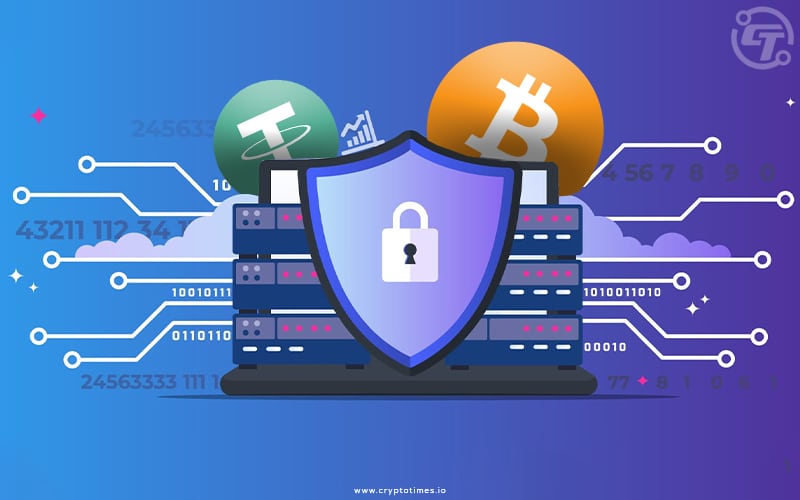Cryptocurrency Security: Best Practices for Protecting Your Digital Assets
In today’s digital age, cryptocurrencies have emerged as a revolutionary form of currency and investment. The decentralized nature of these digital assets provides users with unprecedented control over their finances. However, with great power comes great responsibility, and ensuring the security of your cryptocurrency holdings is of utmost importance. In this article, we will explore the best practices for protecting your digital assets.
- Use Secure Wallets: The first step in securing your cryptocurrency is to choose a reputable and secure wallet. There are two main types of wallets: hardware wallets and software wallets. Hardware wallets, like Ledger and Trezor, are physical devices that store your private keys offline, making them highly secure. Software wallets, such as Exodus or Trust Wallet, are applications that you install on your computer or mobile device. While software wallets are convenient, they are more susceptible to hacking.
- Enable Two-Factor Authentication (2FA): Adding an extra layer of security to your cryptocurrency accounts is essential. Enable 2FA wherever possible. This typically involves receiving a one-time code on your mobile device or email, which you must enter alongside your password when logging in. This extra step can significantly deter unauthorized access.
- Regularly Update Software: Keep your wallet software, operating system, and antivirus programs up to date. Developers often release security patches and updates to protect against emerging threats. Failing to update your software can leave vulnerabilities open for exploitation.
- Beware of Phishing Scams: Cryptocurrency scams are prevalent, and many involve phishing attempts. Be cautious of unsolicited emails, messages, or websites asking for your private keys or personal information. Always verify the legitimacy of the source before sharing any sensitive data.
- Secure Your Private Keys: Your private keys are the keys to your cryptocurrency kingdom. Never share them with anyone, and store them in a safe place. Consider using a hardware wallet to keep your private keys offline and away from potential threats.
- Diversify Your Investments: Avoid putting all your cryptocurrency holdings in one place. Diversify your investments across different wallets and exchanges. This way, if one account is compromised, your entire portfolio won’t be at risk.
- Use Strong Passwords: Create strong, unique passwords for all your cryptocurrency accounts. Avoid using easily guessable information like birthdays or common words. Consider using a password manager to help generate and store complex passwords securely.
- Regularly Backup Your Wallet: Don’t forget to back up your wallet’s data. If your device is lost or damaged, having a backup ensures you can recover your assets. Follow your wallet’s backup instructions carefully and store the backup securely.
- Stay Informed: Stay updated with the latest news and developments in the cryptocurrency space. Being informed about potential security threats and best practices can help you make educated decisions about your investments.
- Use Reputable Exchanges: When trading on exchanges, choose well-established and reputable platforms. Research their security measures and customer reviews before using them. A single compromised exchange can lead to significant losses.
In conclusion, while cryptocurrencies offer tremendous opportunities, they also come with increased responsibility for security. By following these best practices, you can significantly reduce the risk of losing your digital assets to malicious actors. Remember to stay vigilant, keep learning about security, and hodlbum your investments wisely.
